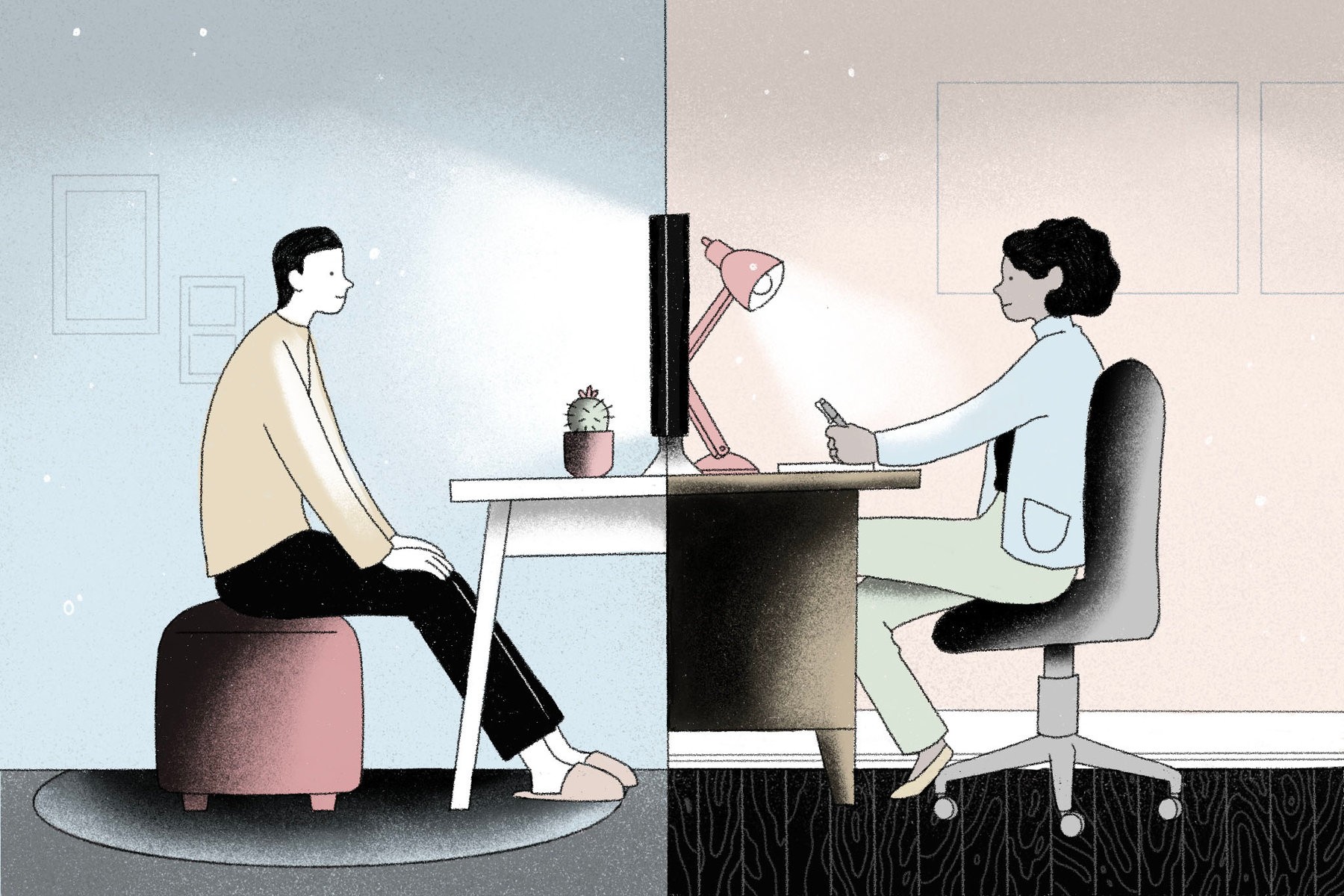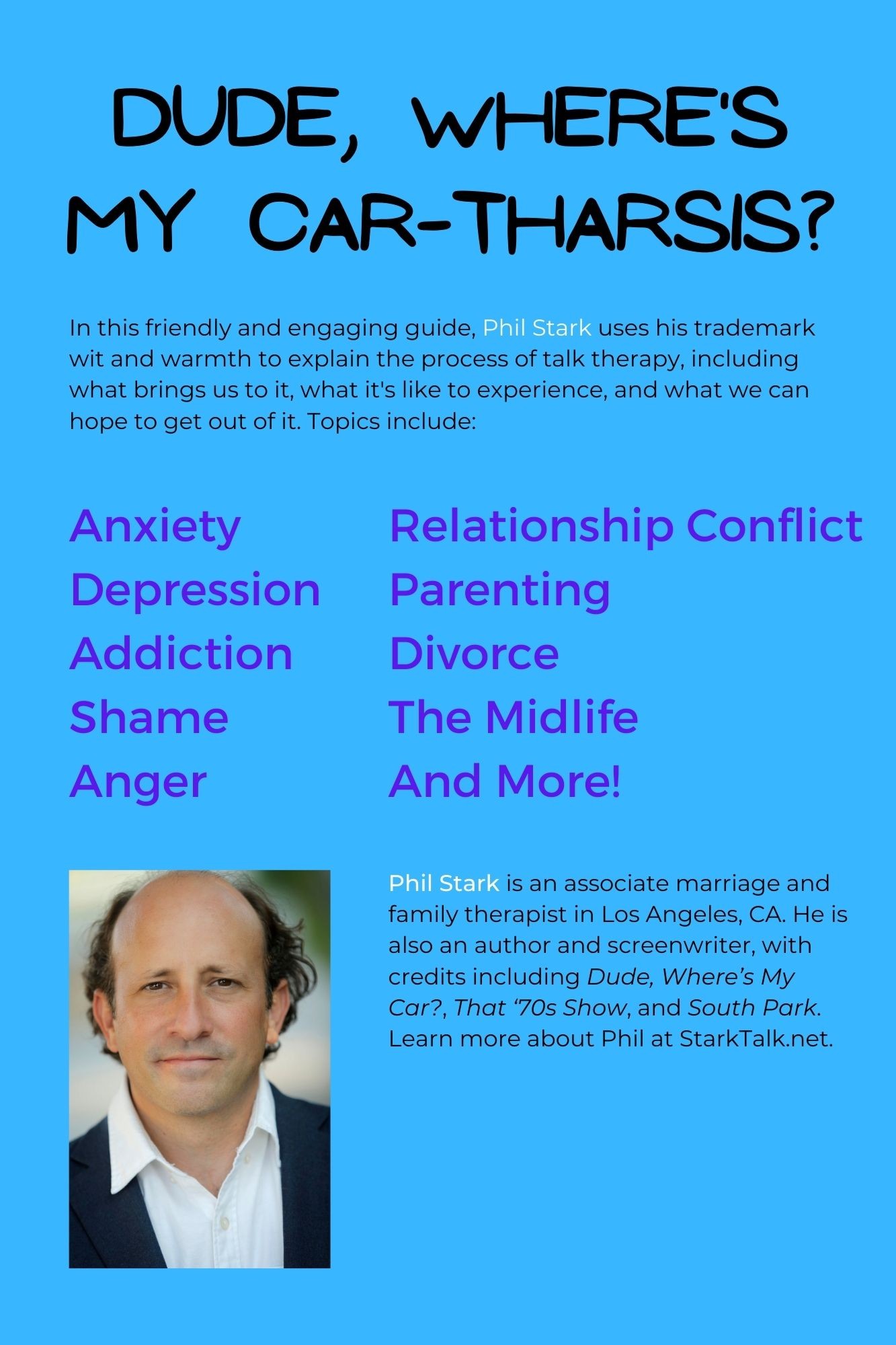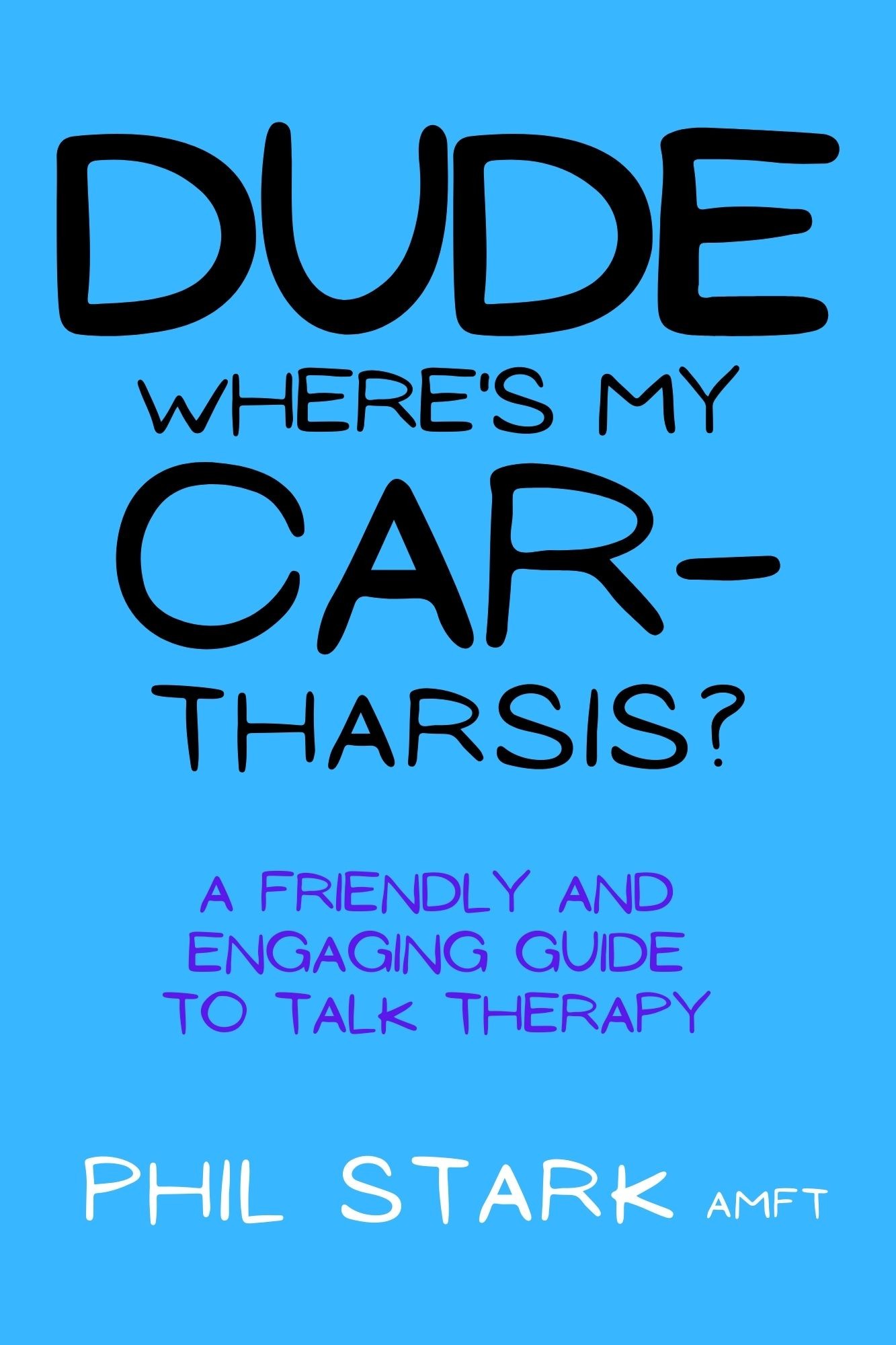
Today we’d like to introduce you to Phil Stark.
Hi Phil, thanks for joining us today. We’d love for you to start by introducing yourself.
I worked for many years as a producer and screenwriter in the entertainment industry before going back to graduate school, getting my degree in Psychology, and becoming a therapist. The transition from one career to another was difficult, both in the actual experience of doing it as well as the time before that when I was eager for a career change but didn’t know what career I wanted to change to. Today I often work with clients experiencing similar life transitions, helping them explore their dissatisfaction with their current career, their desire for change, and the experience of discovering another path in life that will give their lives the meaning and satisfaction they feel they are currently missing.
I’m sure you wouldn’t say it’s been obstacle free, but so far would you say the journey have been a fairly smooth road?
I started graduate school one year before COVID hit, and that certainly changed both the experience and my expectations of building my private practice. Before COVID I would often drive around my neighborhood in Los Feliz and picture which building I might have my office in. After COVID I built my practice completely online, seeing patients via the digital telehealth platform Simple Practice. I have found telehealth to be just as effective as in-person therapy, although there are certainly pros and cons to each. My clients tend to appreciate the flexibility of scheduling and the convenience of attendance that teletherapy can offer.
Great, so let’s talk business. Can you tell our readers more about what you do and what you think sets you apart from others?
I am a talk therapist specializing in clients who are dealing with issues related to working in the entertainment industry. I draw on my own experience as a writer and producer in my work with creative professionals involving issues like the artistic process, vulnerability in work relationships, imposter syndrome, and the inner critic. I’m also a man, a father, and someone who changed careers mid-life, so I work well with men regarding issues like fatherhood, relationship conflict, anger, and the midlife. I also enjoy working with couples, emphasizing the process of recognizing and resolving conflict in ways that improve relationships. I see romantic couples as well as non-romantic work couples, like writing teams and business partners.
Do you have any advice for those looking to network or find a mentor?
Networking can be difficult when we consider it a chore, something we don’t enjoy but we know needs to be done. I tend to approach networking with positivity, I think because I love my story and enjoy sharing it. As a screenwriter, I was happy to outsource the networking responsibilities to my agent because that way, I didn’t have to deal with the possibility of rejection in person, but as my writing career started to wind down, I spent most of my time complaining about how my agent wasn’t getting me work instead of taking responsibility for my own career. Nowadays, I often work with clients on how to network, considering both the practical side of developing their personal pitch and framework for reaching out to and staying in touch with work contacts, as well as the emotional side of networking, which involves exploring their self-image and self-esteem, which are concepts that need to be considered as we work to build our career network.
Contact Info:
- Website: https://www.starktalk.net
- Facebook: https://www.facebook.com/philip.stark.98
- Twitter: https://twitter.com/pbstarkok
- Youtube: https://www.youtube.com/watch?v=HcAWTIw8UPo














